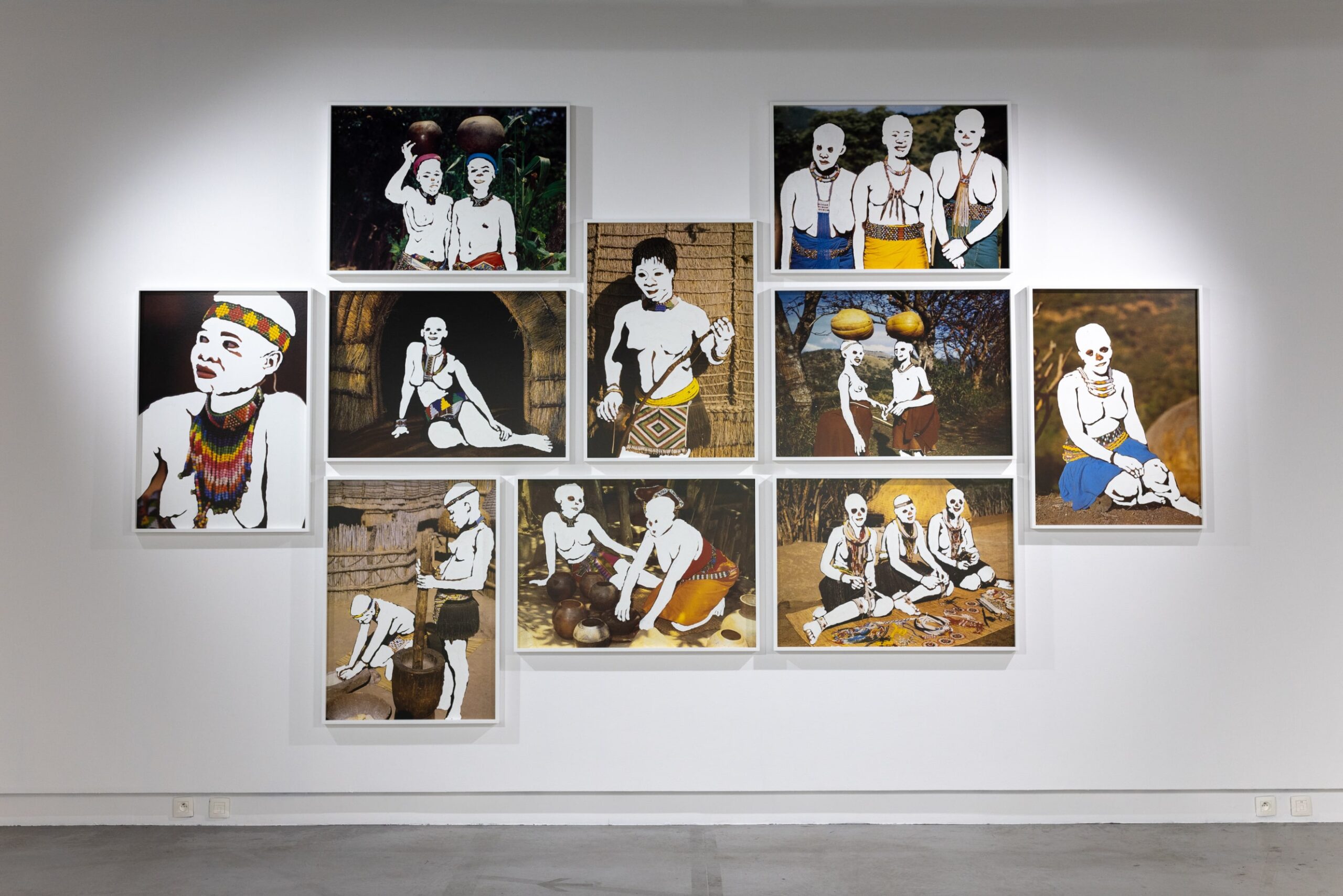Hailing from South Africa, Candice Breitz (1972, Johannesburg) has, since the early 1990s, persistently examined and deconstructed her experience as a white woman in an effort to identify and challenge the mechanisms of whiteness. Through the marginalised voices of those striving to be heard in a media-saturated world that fetishises celebrity and insidiously manipulates our attention, the artist employs language, dialectics, and storytelling to uncover the potential for new objective narratives. Occupying the entirety of the BPS22 with a selection of photographs and videos, OFF VOICES is Candice Breitz’s first ever solo exhibition in Belgium.
Off Voices brings together an expansive selection of works made by Candice Breitz between 1994 and 2020. Curated by Dorothée Duvivier, it is the first major solo exhibition of Breitz’s work in the Belgian context. The title of the exhibition most literally describes voices that are not visibly attached to an on-screen individual or character. As a narrative device frequently used in television or film production, an ‘off voice’ most commonly serves to give viewers access to the inner thoughts of an on-screen character, providing information that might otherwise remain inaccessible.
Beyond screen life, on the other hand, a voice that is described as ‘off’ is one that cannot be heard, or – more ominously – one that has been silenced, as is so often the case for those who are marginalised or repressed. In a media-saturated society that is bursting with opinions and dense with the voices of those who are most visible, silence is too often misperceived as indicative of absence or failure. The ongoing stifling of the voices of those who are most precarious and/or vulnerable among us, serves not only to violently undermine their presence in our presents, but also to obliterate their personal and collective histories. Across Breitz’s oeuvre, she asks whether and how such silences might be broken; how it might be possible to amplify the voices of those who are typically consigned to the shadows and to anonymity.
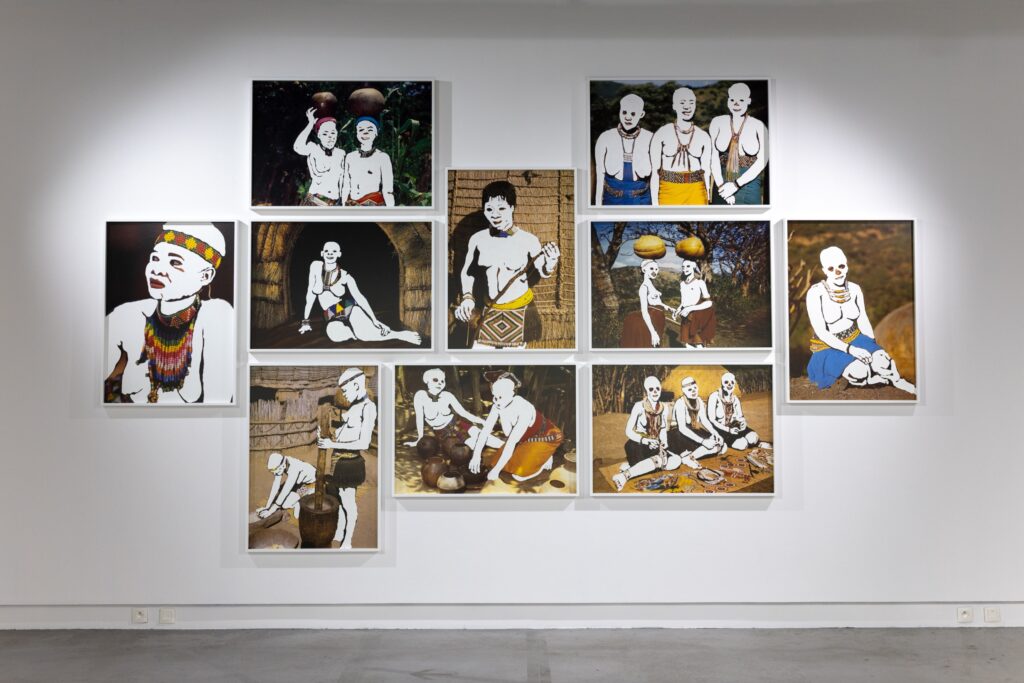

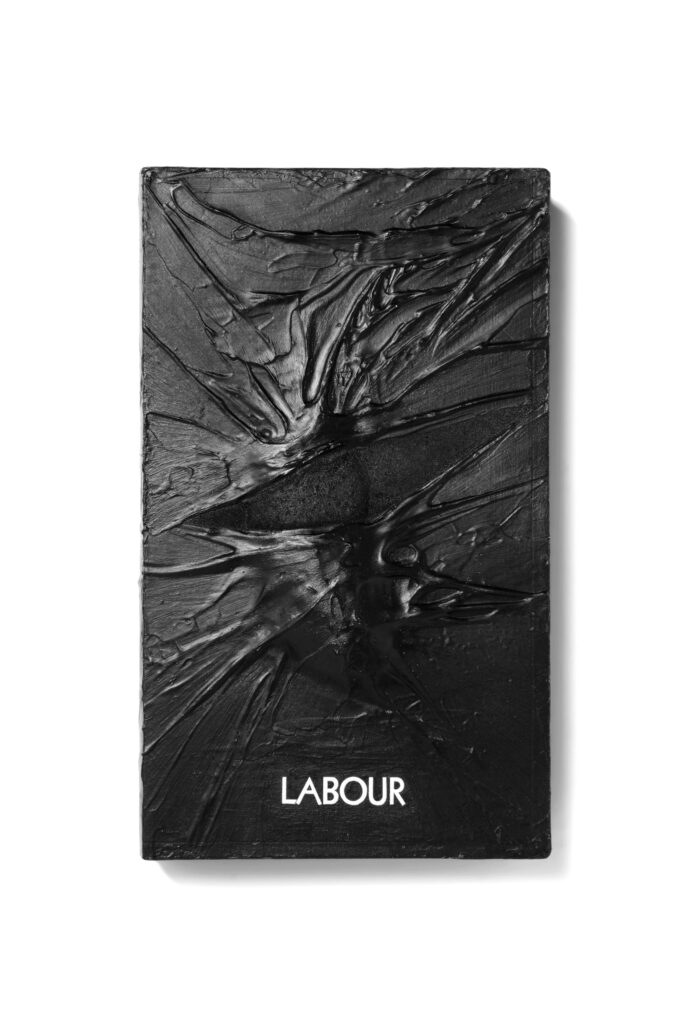
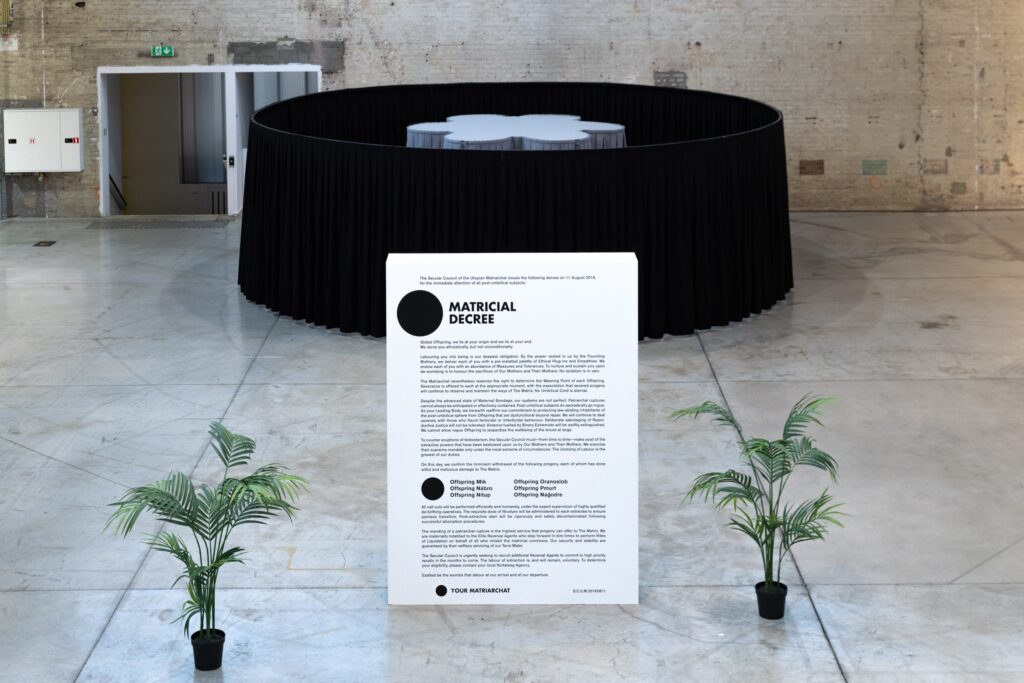
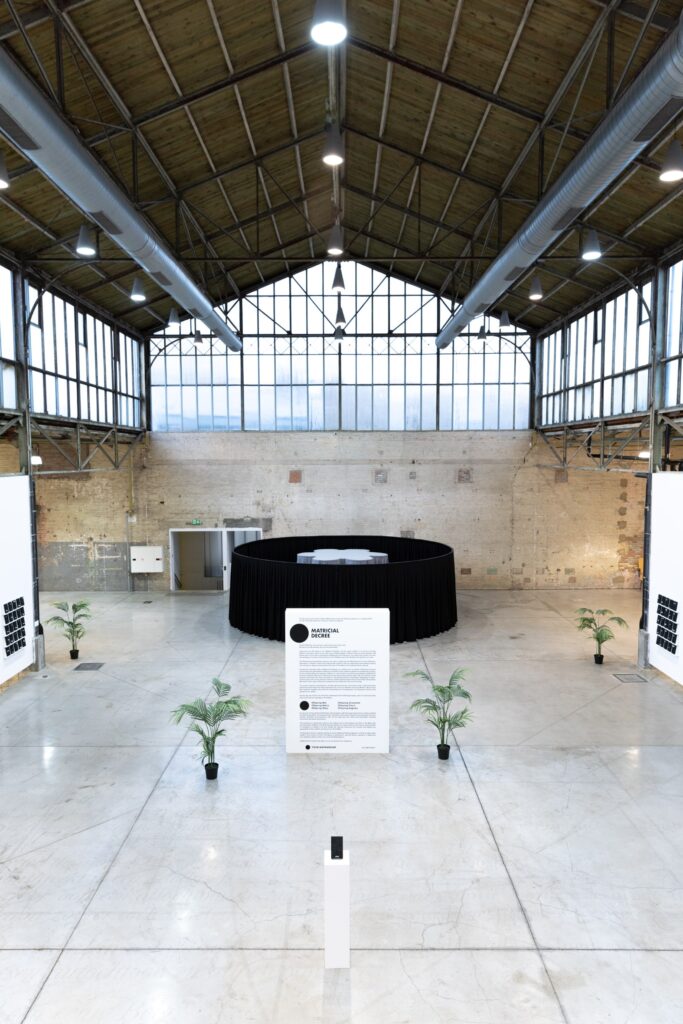

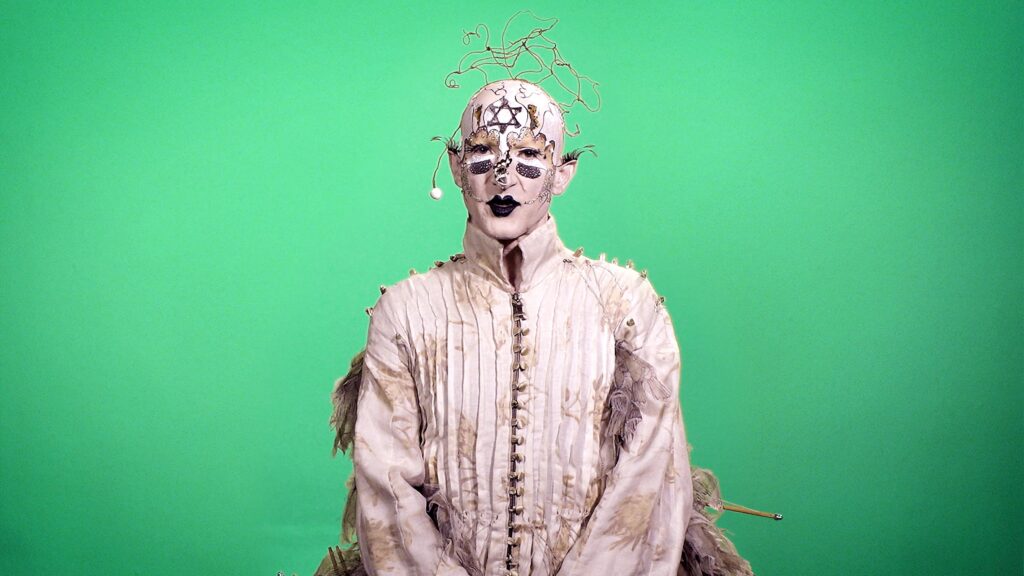
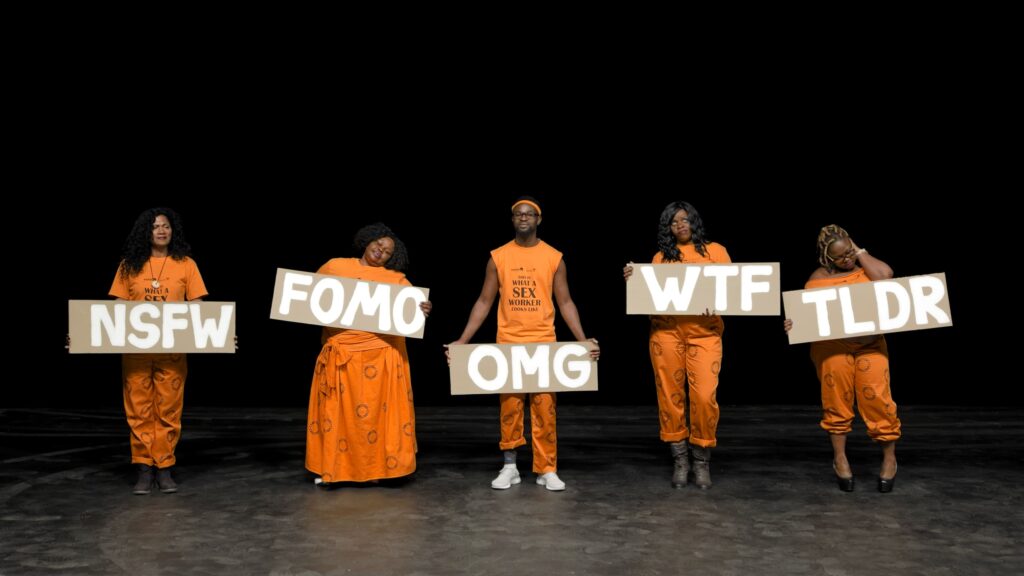
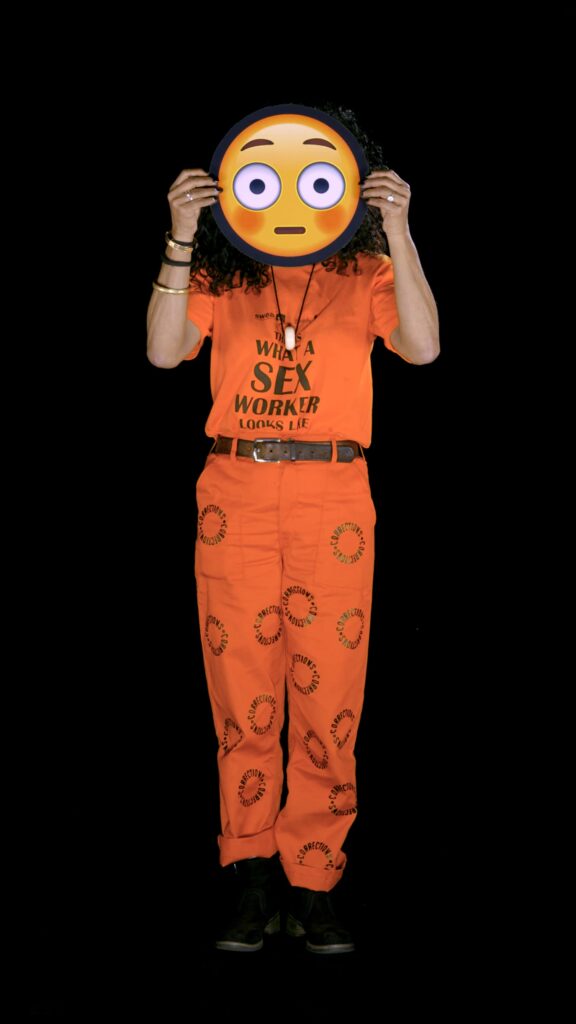
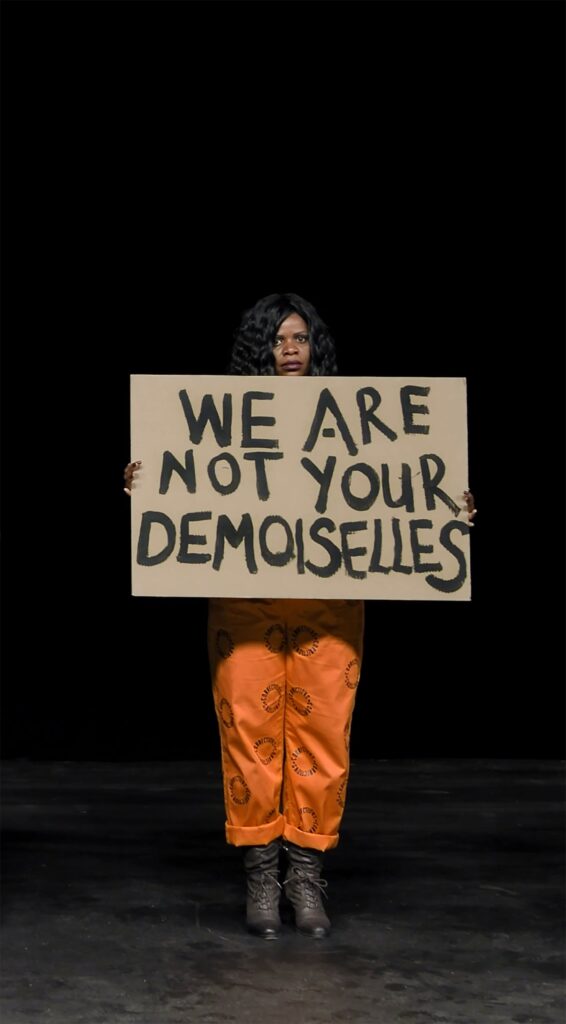
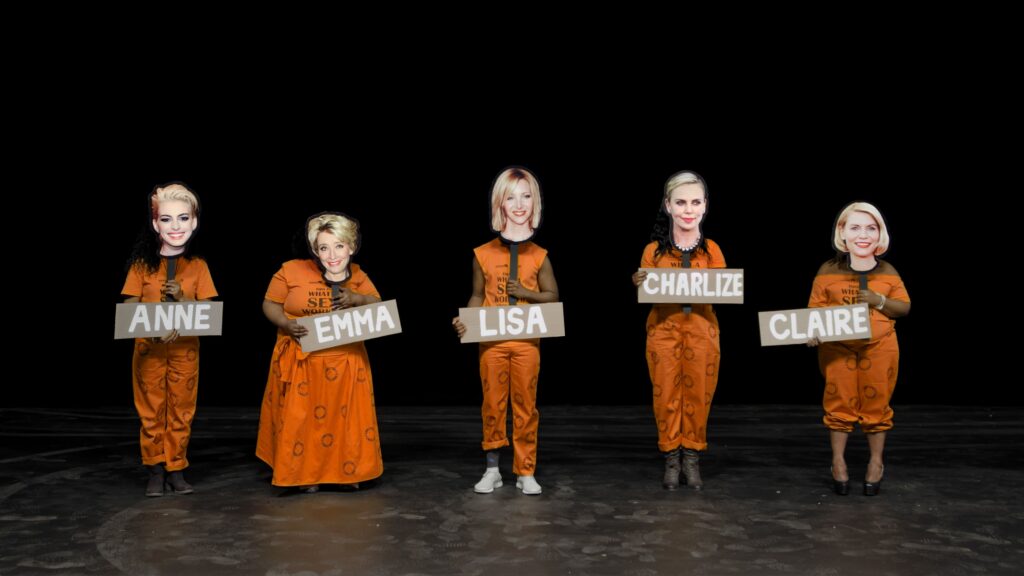

Collectively, the works presented in Off Voices offer an expanded reality – one that accommodates narratives that are at once personal and political, weaving elements drawn from lived experience with fictional propositions – to point to a possible future in which a broader range of subjects might come to voice. TLDR, for example, prominently features the testimonies of sex work activists who have for years fought to end the stigmatization and decriminalization of their labour. Via an archive of interviews, this community brazenly questions societies in which categories such as race and gender have been weaponised in the service of power. Within the body of work that is on view at BPS22, Breitz openly thematises her own privileged position within such societies, pointing a finger at herself to bluntly ask whether and how artists living comfortable lives can succeed in amplifying calls for social justice. In works such as Ghost Series and TLDR, she grapples with the systemic relationship between whiteness and visibility, directing our attention towards the micro and macro violences that almost inevitably attach to privilege. Rather than offering simplistic or dogmatic conclusions, the works assembled in Off Voices open up space for reflection and negotiation, offering visitors new filters through which to observe and consider the complex ways in which we are each positioned, as individuals, in relation to the many others who we encounter both directly and virtually within the media landscape and the world at large.

